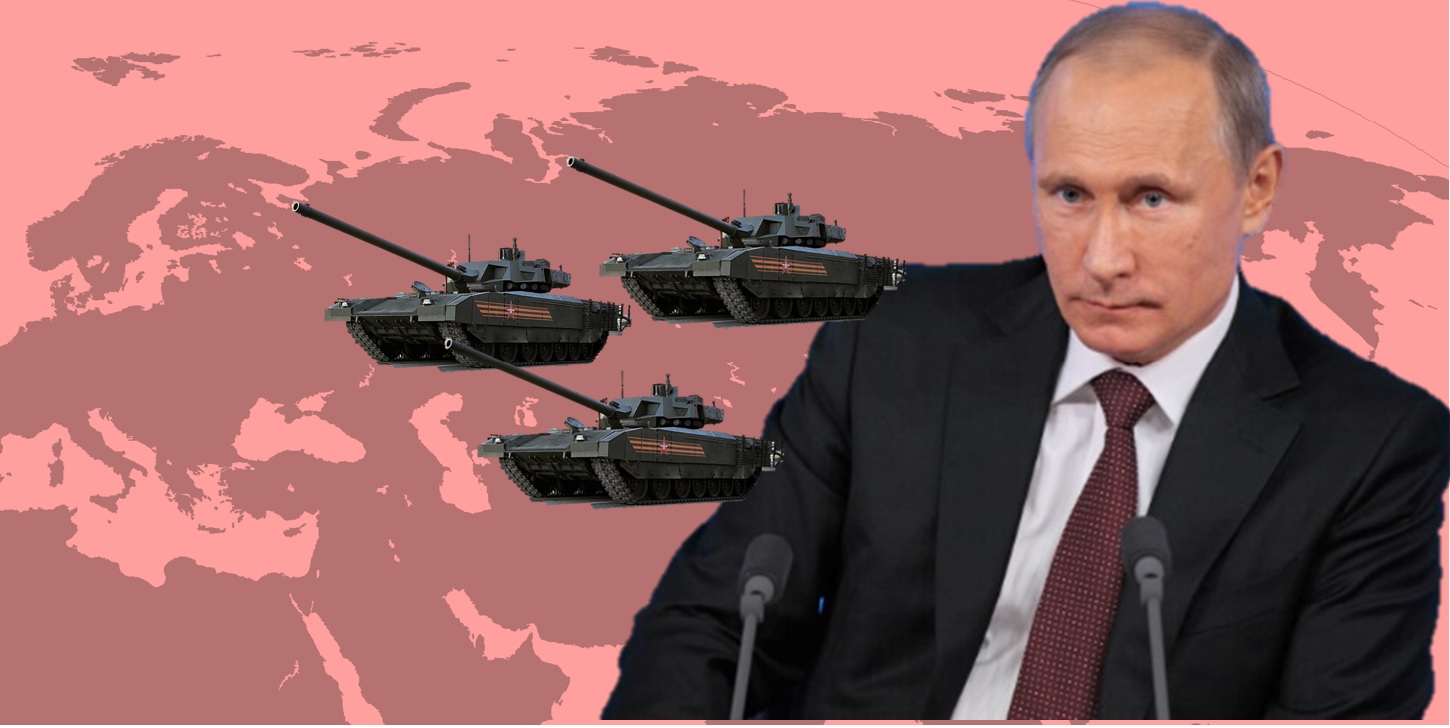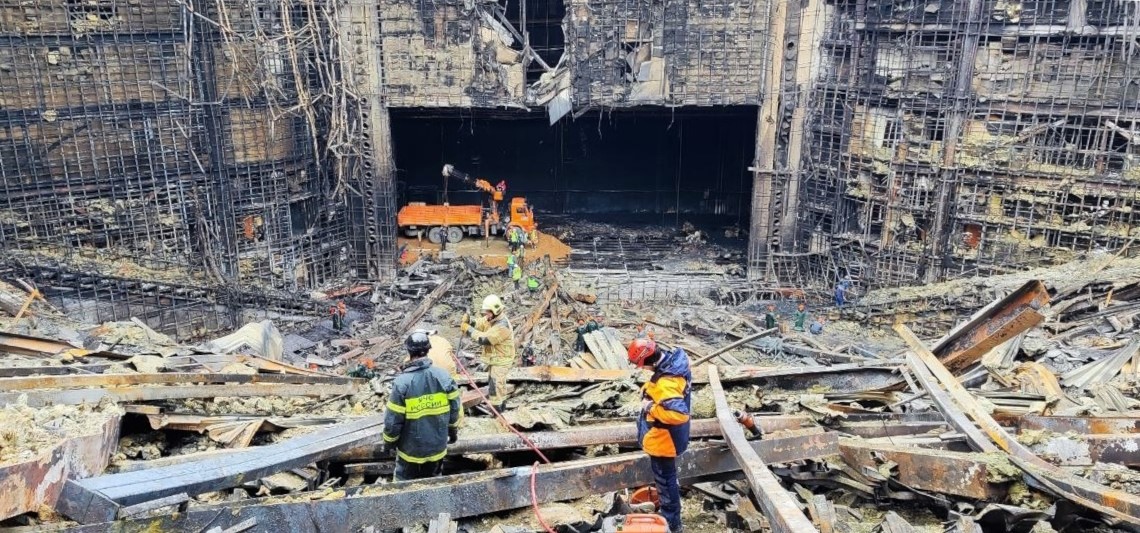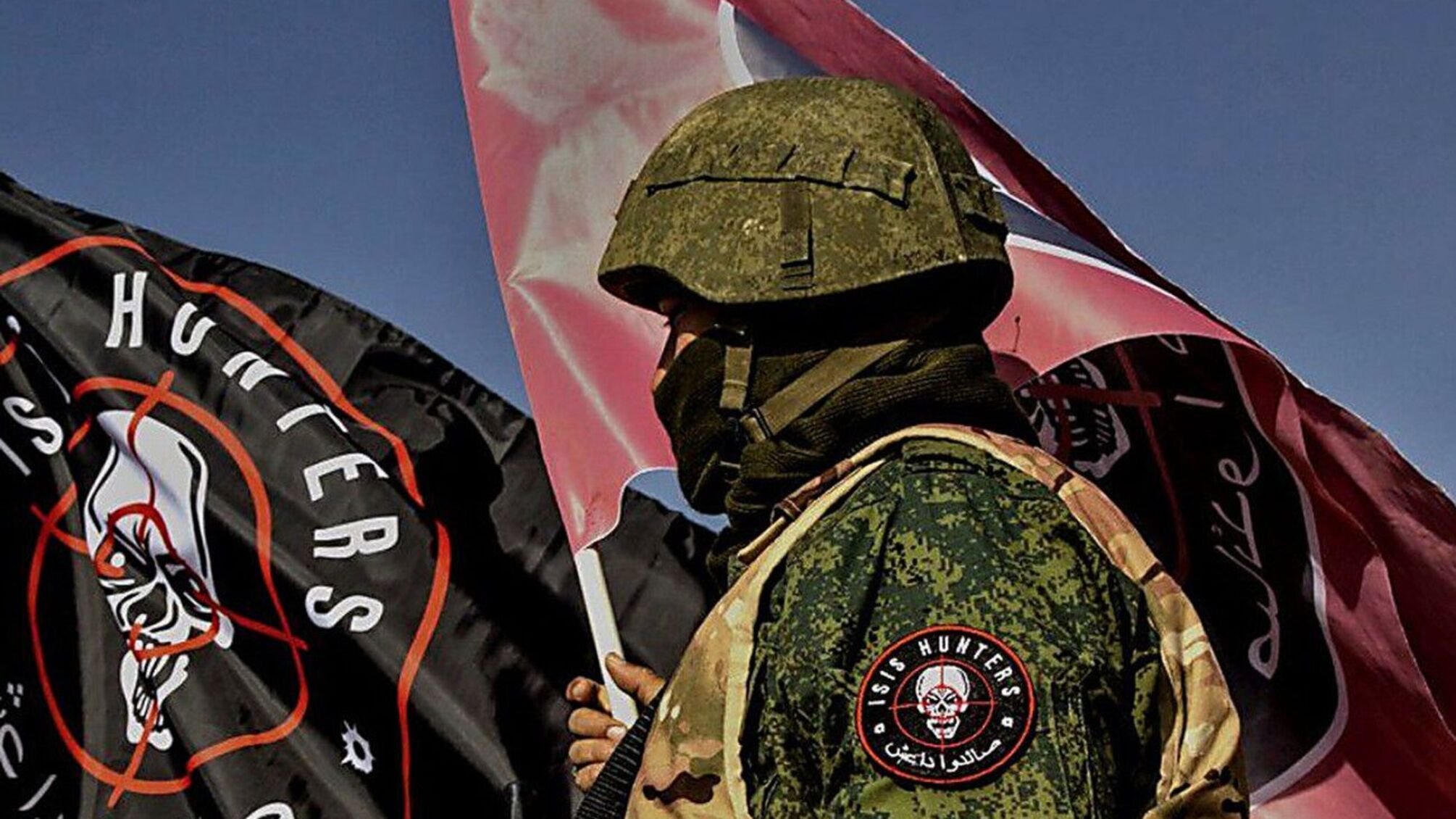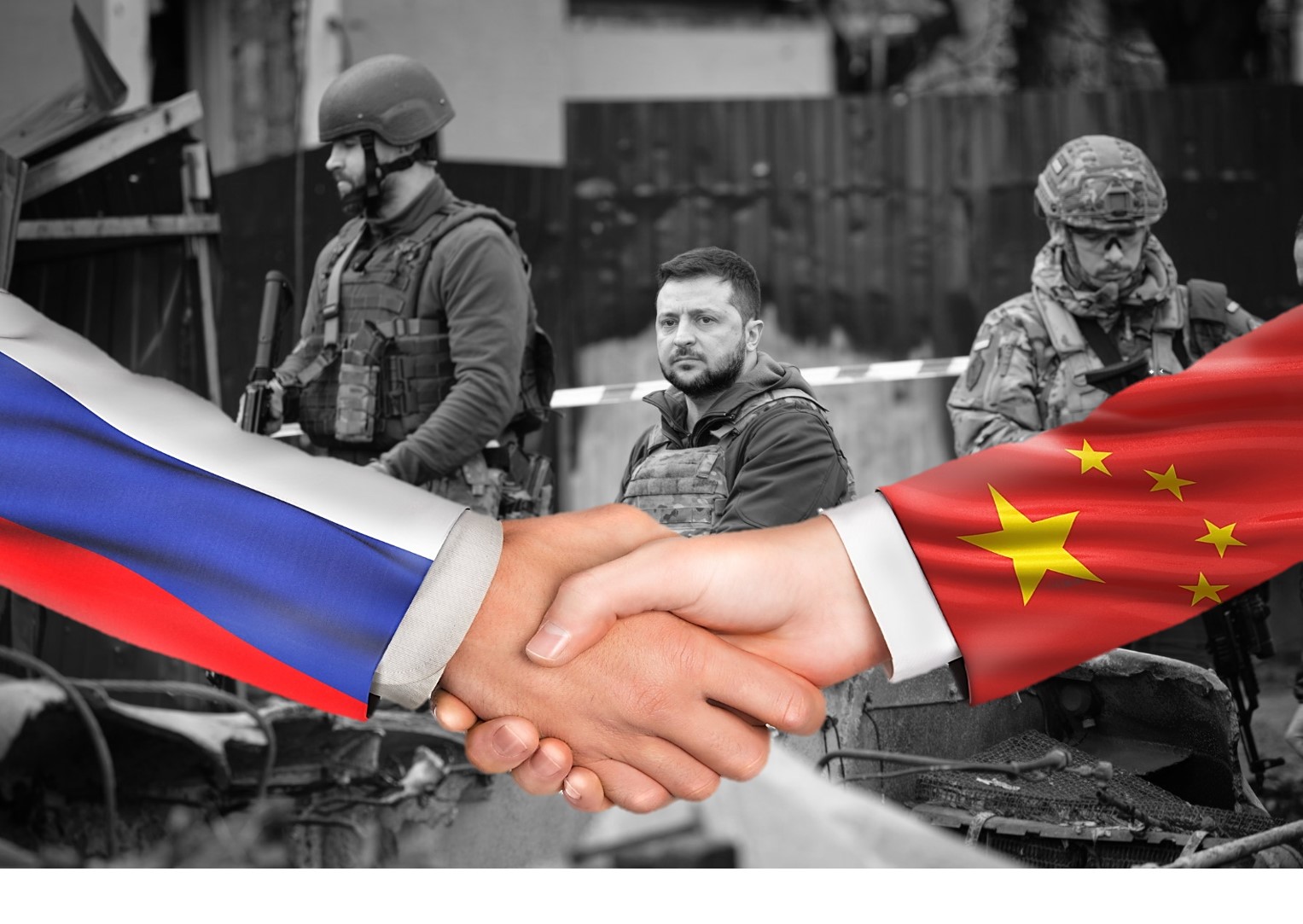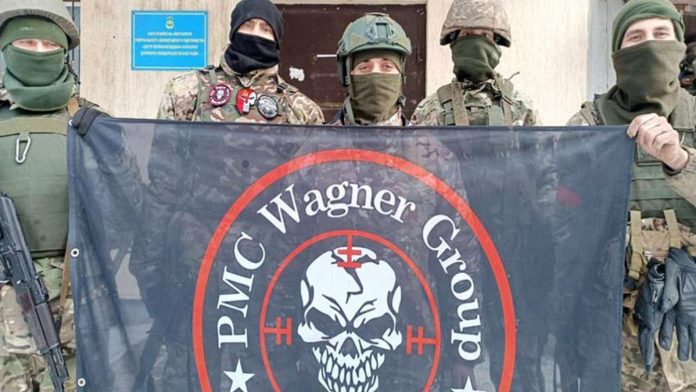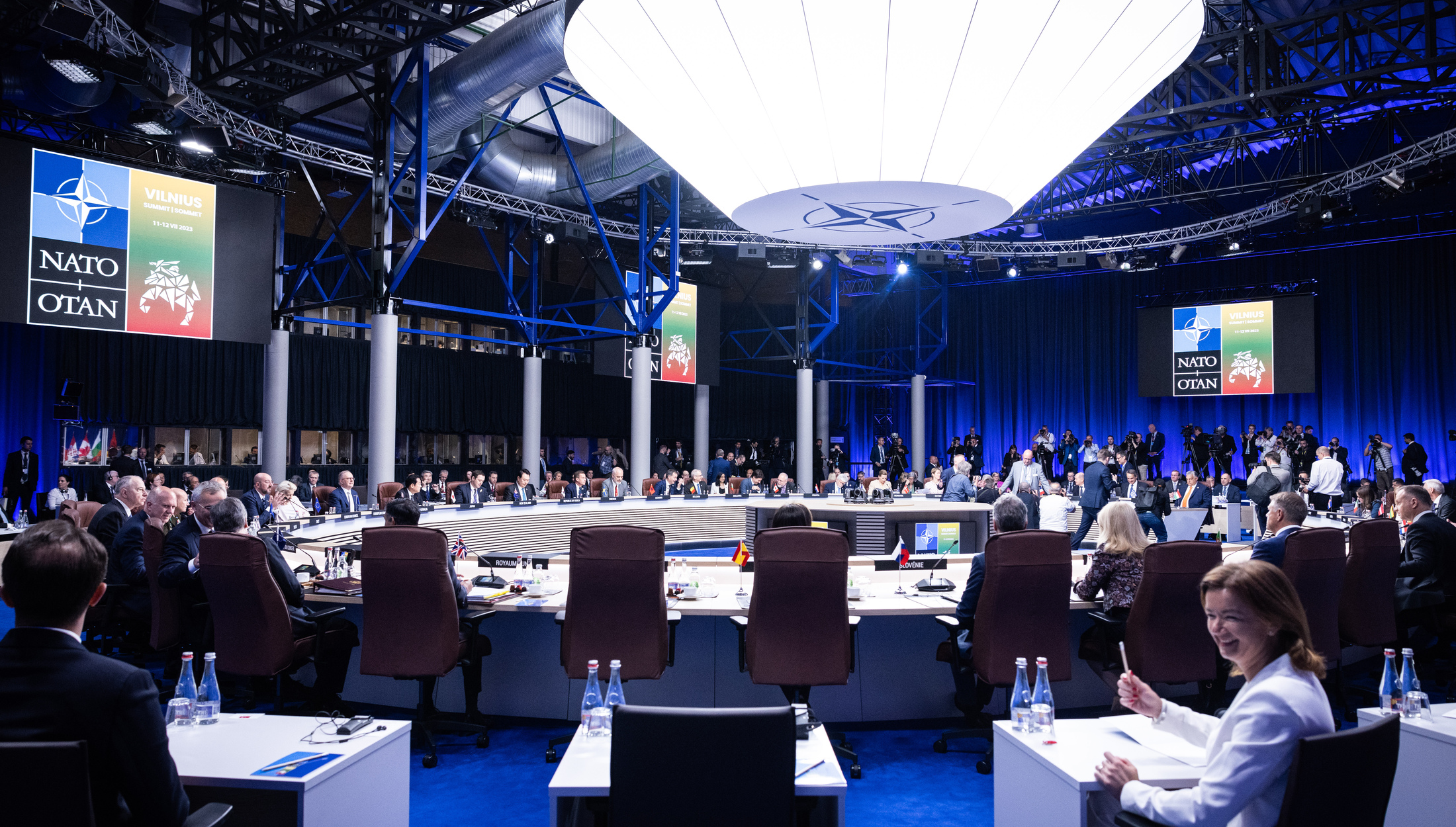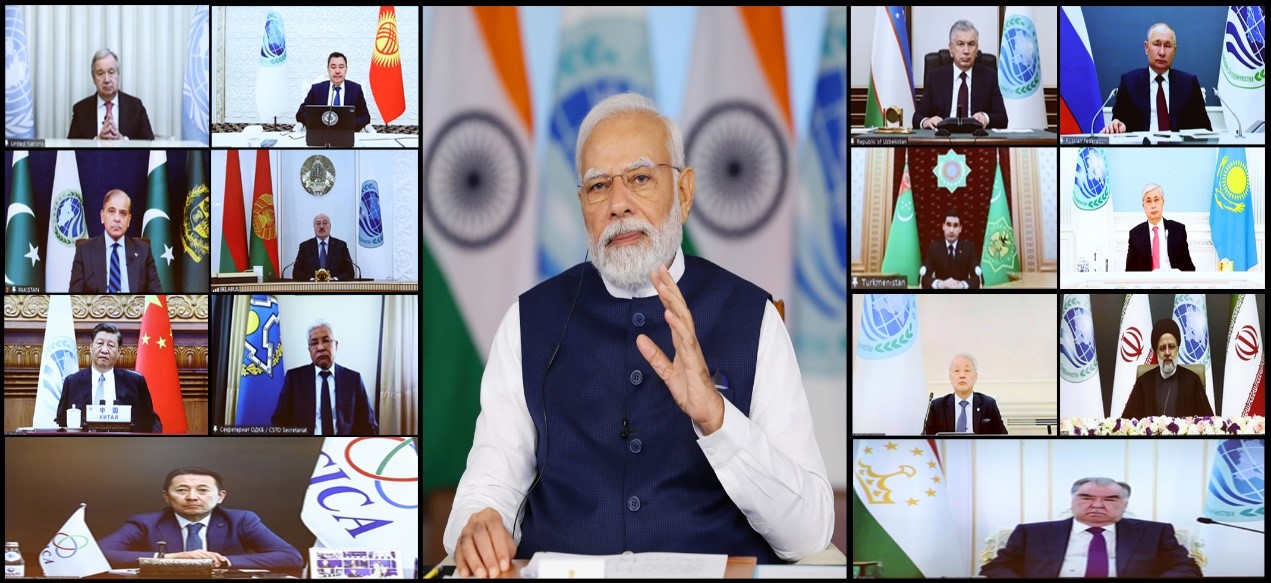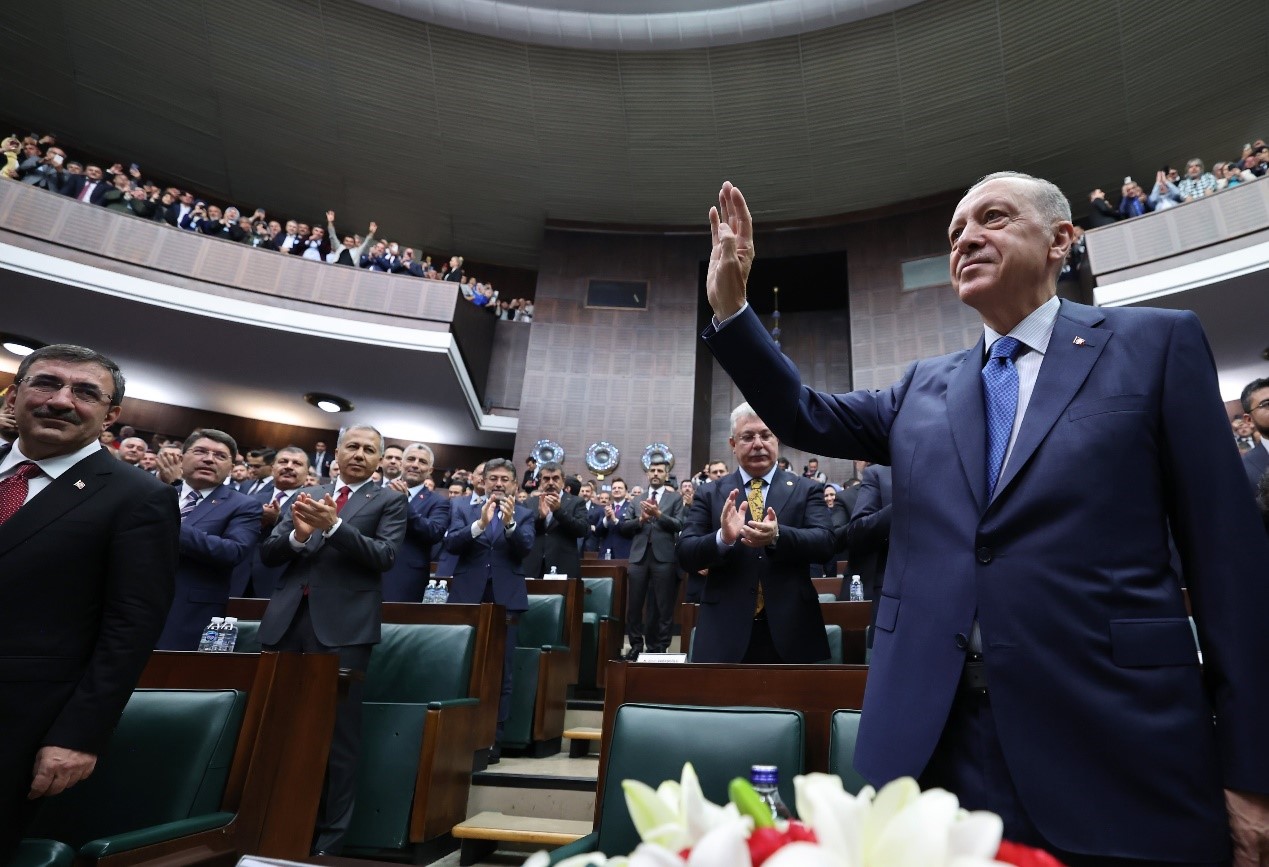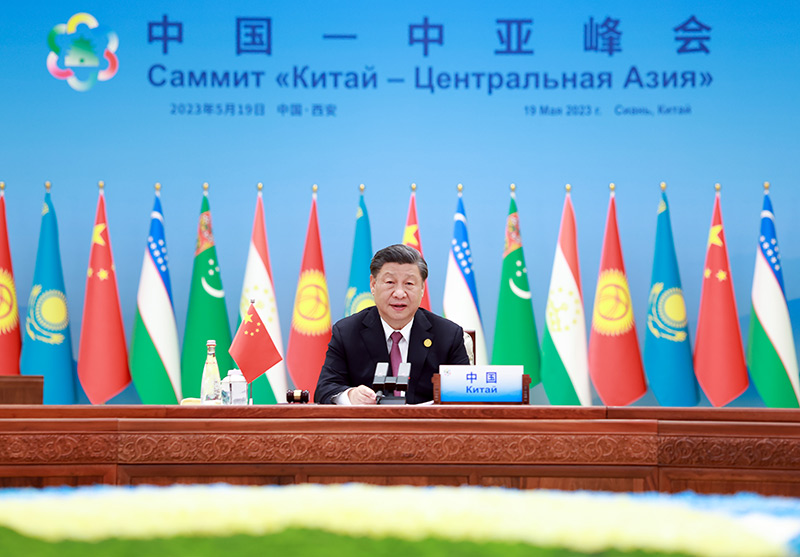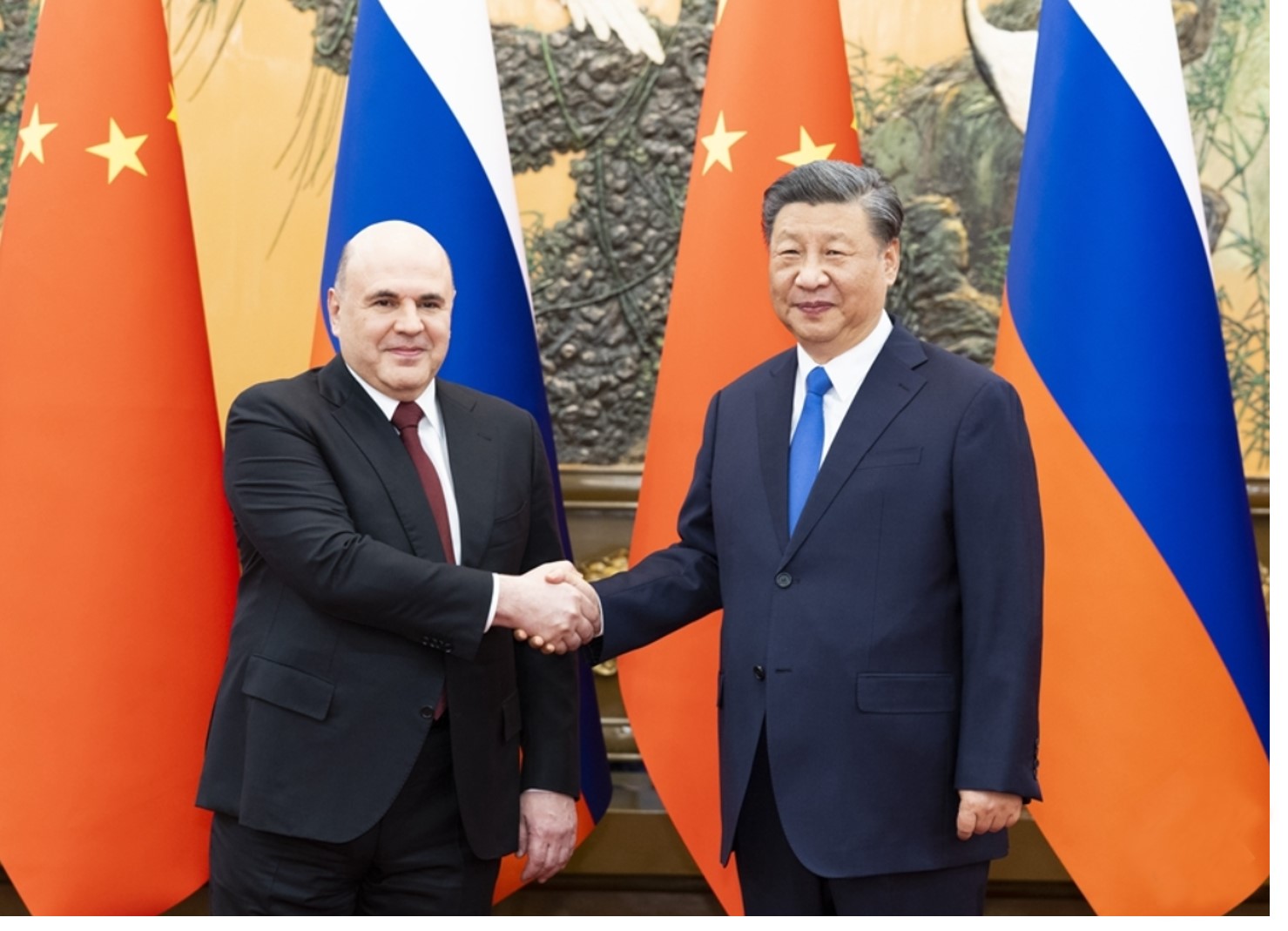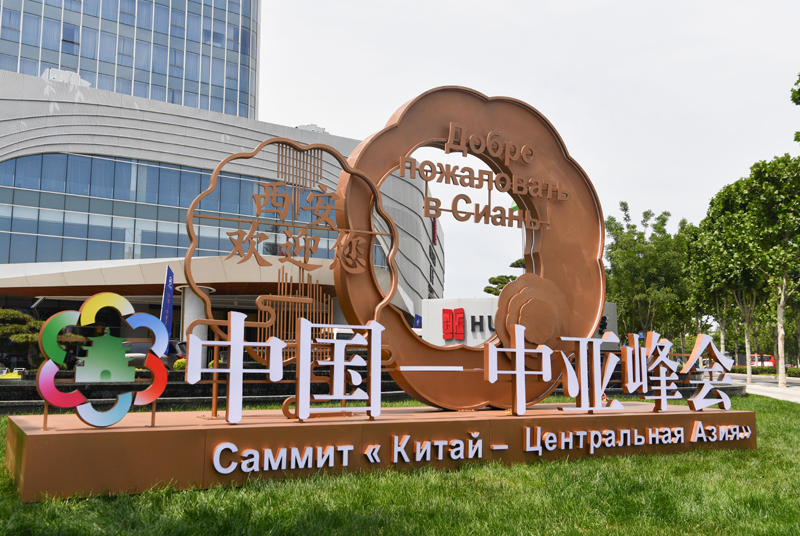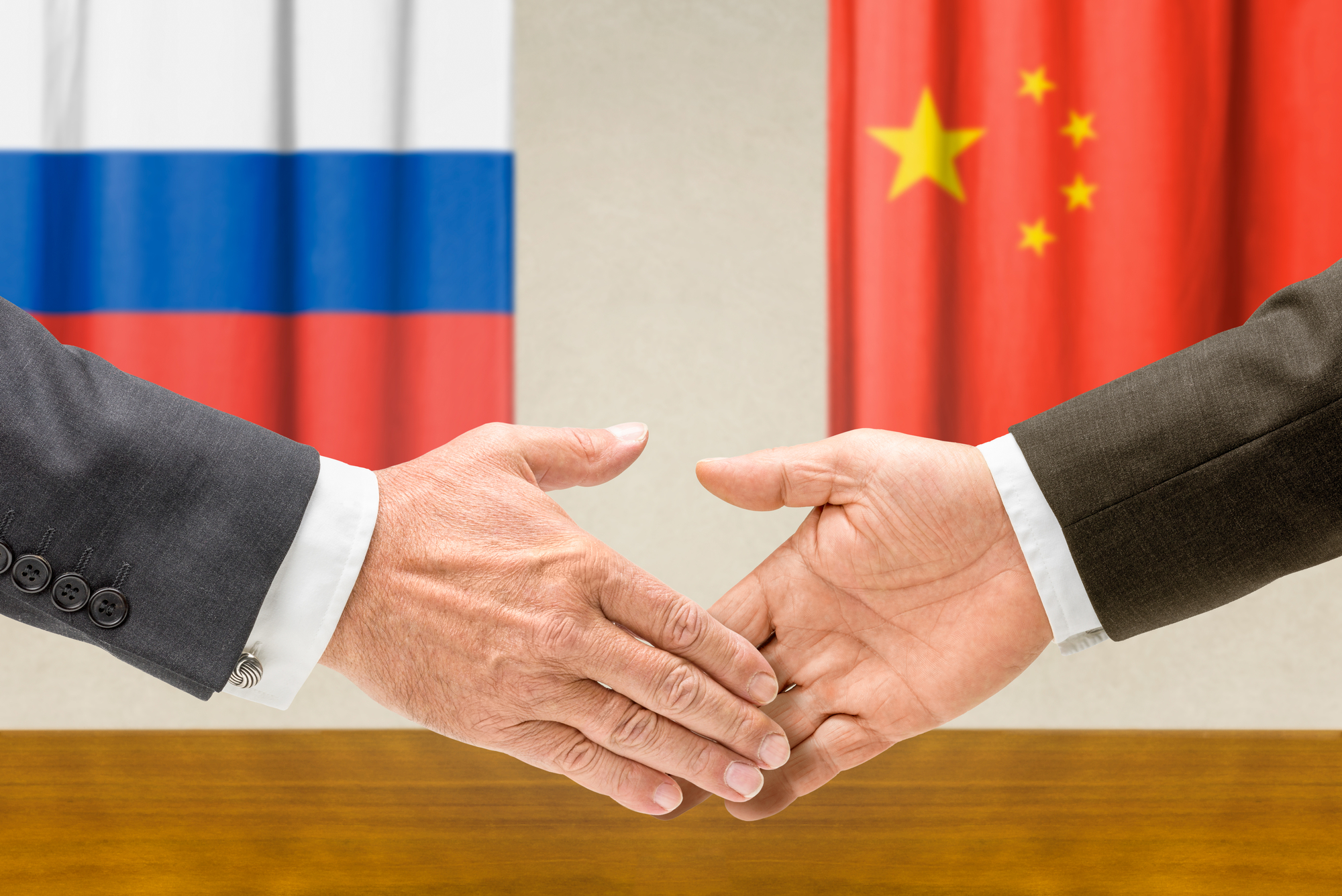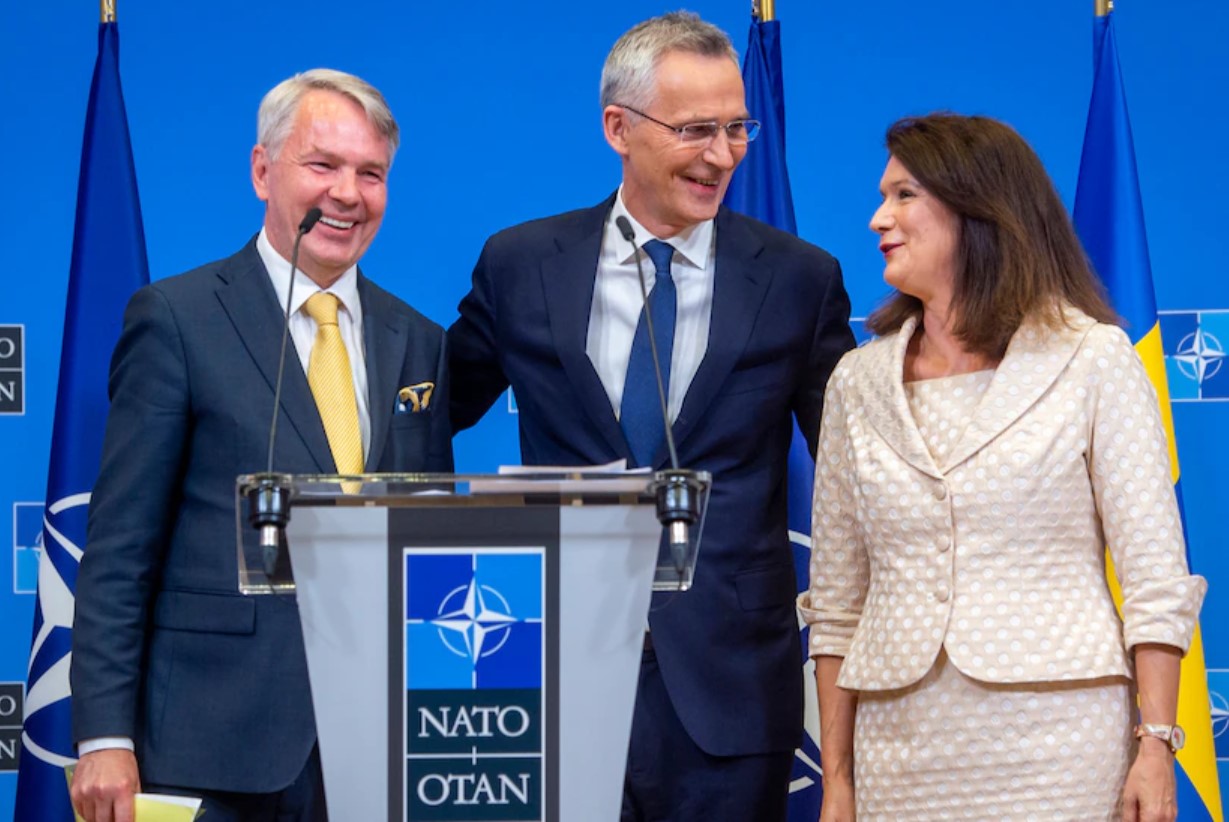Russia attempting to implement its geostrategic plan, aligning with European countries via the pipeline economic connection and with China by military, political, and economic cooperation, would be the ideal strategic approach, no matter whether for consolidating its regional great power position or for balancing the U.S.
Prospects & Perspectives 2021 No. 24
Assessment of Russia’s Geostrategic Plan
Sheue-feng Wu
National Pingtung University of Science and Technology
May 13, 2021
On March 10, Russia’s legislature approved a constitutional amendment that would allow President Vladimir Putin to run for another two terms. Consequently, the Kremlin can try to delay the inevitable transition of power as far as possible. On March 18, U.S. Secretary of State Antony Blinken claimed its government's strong opposition to the Russian Nord Stream 2 gas pipeline, which will be a Russian geopolitical project, intended to divide Europe and weaken European energy security. In April, multiple media outlets reported large Russian military movements towards the eastern Ukraine border and into Crimea. Then, the Czech president questioned Russian involvement in the Vrbětice explosion. The U.S. has announced sanctions against Russia in response to Russia’s curbs to its sovereign debt market, cyber-attacks interfering in last year’s U.S. election, and other hostile acts. All these events involve Russia’s geostrategic and imperial desire.
Homeland Stability and Security
Now, the crucial intention of Russia’s geostrategic thinking would be reestablishing Russia as a great power. On this count, Putin stepping down in 2024 could severely affect this schedule, as it would be the most unstable factor in Russia’s future. In reality, rather than solving the difficult issue of succession, the best maneuver for the Kremlin is to postpone it. Thus, extending Putin’s 20-year presidency became the top priority for consolidating Russia’s authoritarian political system. Obviously, Putin serving until 2030 or 2036 through Russia's constitutional amendment would be helpful in consolidating power. The fate of Russia would be much more stable under Putin’s control. Therefore, Russia’s foreign policy would continue to revolve around the goal of reestablishing Russia as a great power.
The core of achieving this goal is keeping itself in a secure position. Consequently, the U.S. setting missiles in Ukraine, Ukraine having close ties with NATO, or the Czech Republic intending to provide Ukraine with arms questioned by Russia, all arouse strong counter attacks from Russia. All these fiercely connect with Russia’s traditional geopolitical concepts, controlling ice-free ports and seeing former Soviet Republics as its geopolitical sphere of influence. From this perspective, Russia cannot turn a blind eye to the expansion of American influence on its frontier, especially in Ukraine, Belarus, and Central Asian countries. Hence, Russia sees Ukraine and NATO’s actions as great threats to its homeland security. Thus, it is not surprising that Russia thinks moving troops across Russian territory towards the eastern Ukraine border and into Crimea was an "internal affair".
Consolidating Regional Great Power
Although it is a great power, Russia is not strong enough today to compete with the U.S. Naturally, China is the best strategic ally for Russia to balance the U.S.’ hegemony. Therefore, Russia under President Putin has forged extensive economic, military, and scientific ties with China, making the relation between Russia and China one of kindness, cooperation and competition. China is an important energy market for Russia to diversify the risk of its concentration on the European market. Moreover, Russia and China jointly hit back at Western sanctions over matters about: China’s human rights abuses, Russia's 2014 annexation of Crimea, the conflict in eastern Ukraine, alleged Russian meddling in the 2016 U.S. presidential election, and the nerve agent attacks. Outside these areas, the relation between Russia and China has maintained a state of competition, specifically in Central Asia. Hence, Russia intends to maintain its traditional geopolitical influence on former Soviet Republics through the Eurasian Economic Union, excluding China.
As a regional great power in Eurasia, Russia is much weaker now than it was, but it still holds plenty of resources that allow Russia to carry out its foreign energy strategies, notably natural gas. Due to the arrangement of the system of the USSR, Russia and former Soviet Republics often have disputes over transit pipelines with natural gas. Russia has been disputing with Ukraine on gas transit pipelines since 1992. The disputes have become a recurring problem, between Ukraine’s stealing gas and Russia’s cutting gas supply, which aroused complaints from western European countries. Therefore, the construction of the Nord Stream Pipelines Project, which runs under the Baltic Sea from Russia to Germany, is seen by Russia as its geostrategic solution to the problem left by the USSR. However, it is argued that the pipelines could strengthen Russia’s control over the European gas market and, in particular, transit countries like Poland and Ukraine. Numerous countries would be impacted, including the former Soviet countries, Eastern European countries, the European Union, and the United States. The geopolitical effect of these pipelines, notably Nord Stream 2 pipeline, is thought as Russia’s strategy to form an alliance with the western shareholders, Germany (Wintershall 10%, E.ON 10%), Austria (OMV 10%), Netherlands (Shell 10%), and France (ENGIE 10%), of the project to eliminate transit threats and to give Russia a freer hand to use gas for its political intention against Eastern Europe without hesitation. From the standpoint of the U.S., this project makes the American shale gas difficult to compete with Russia’s natural gas in the European market. The most important issue, however, is that Russia can easily increase its influence over Europe, divide Europe, and weaken European energy security. That is the reason the U.S. government has reiterated its warning of potential sanctions on any entity involved in this project.
Russia attempting to implement this geostrategic plan, aligning with European countries via the pipeline economic connection and with China by military, political, and economic cooperation, would be the ideal strategic approach, no matter whether for consolidating its regional great power position or for balancing the U.S. Furthermore, it could simultaneously accomplish the concept of German geopolitician, Karl Haushofer’s “Pan-region,” forming the age of the dominance of land power.


